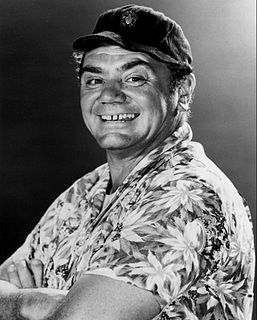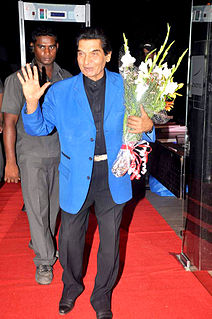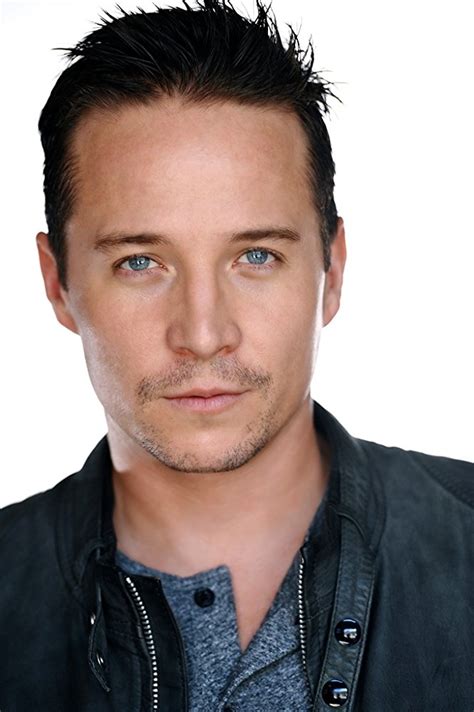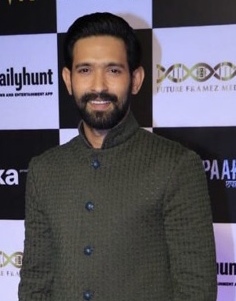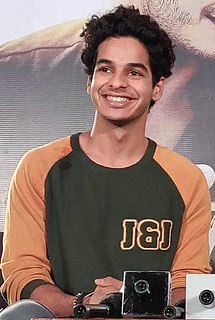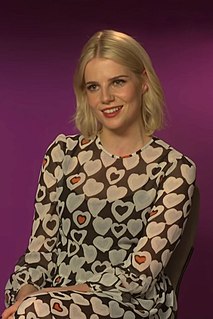A Quote by Christopher Lee
I think acting is a mixture of instinct, imagination and inventiveness. All you can learn as an actor is basic technique.
Quote Topics
Related Quotes
Anytime I get an acting role, I find a way to learn about something new, or heal a part of my life that I didn't know was hurting. I think anybody could benefit from taking acting classes. You don't necessarily have to want to be an actor or pursue the acting business. But just taking an acting class, you're going to learn so much about life and what it's like to walk in somebody else's shoes. It helps you stop judging people. It does something to you where you become empathetic to people's plights and journeys, and it makes you a little more understanding and caring.
The other, the other aspect when I say I'm an actor is that as an actor you make this imaginative leap into being somebody else, that's to say the muscle of the imagination is as important as any other of the muscles in your body, and so it is something about this instinct in space and time which for me I associate with being an actor rather than a director.


